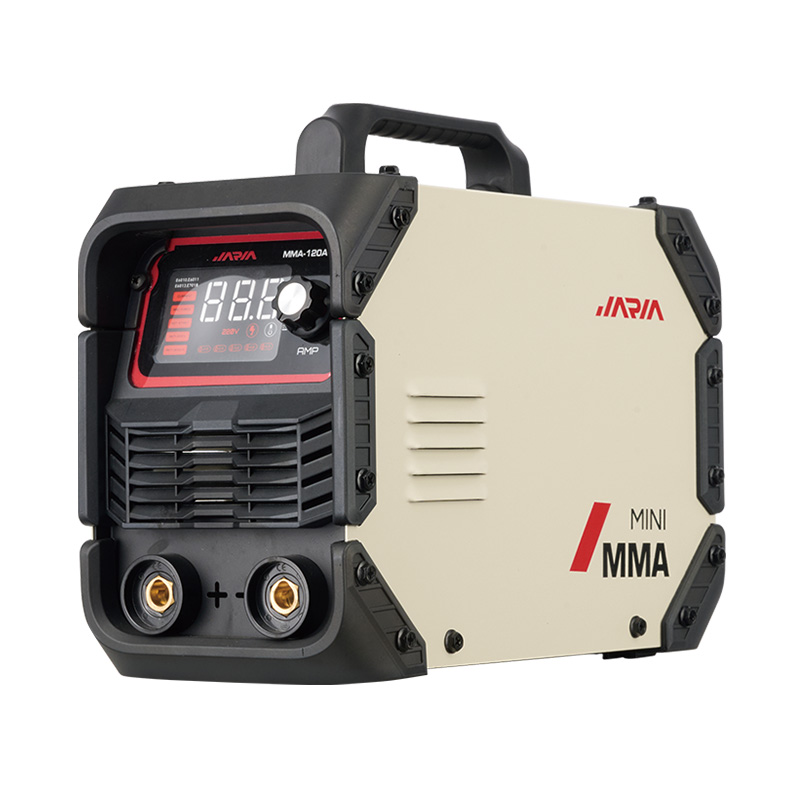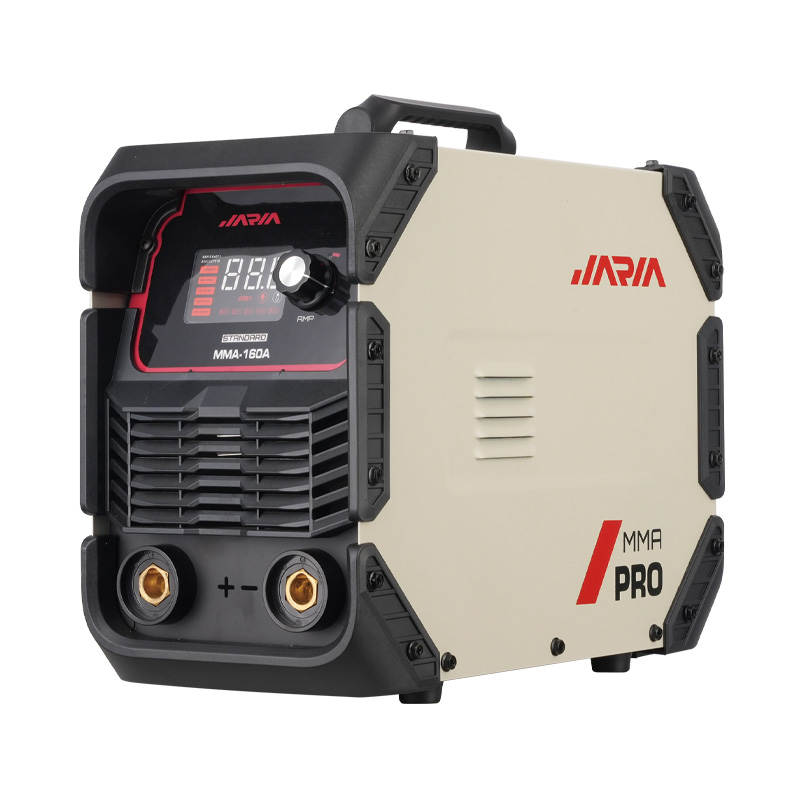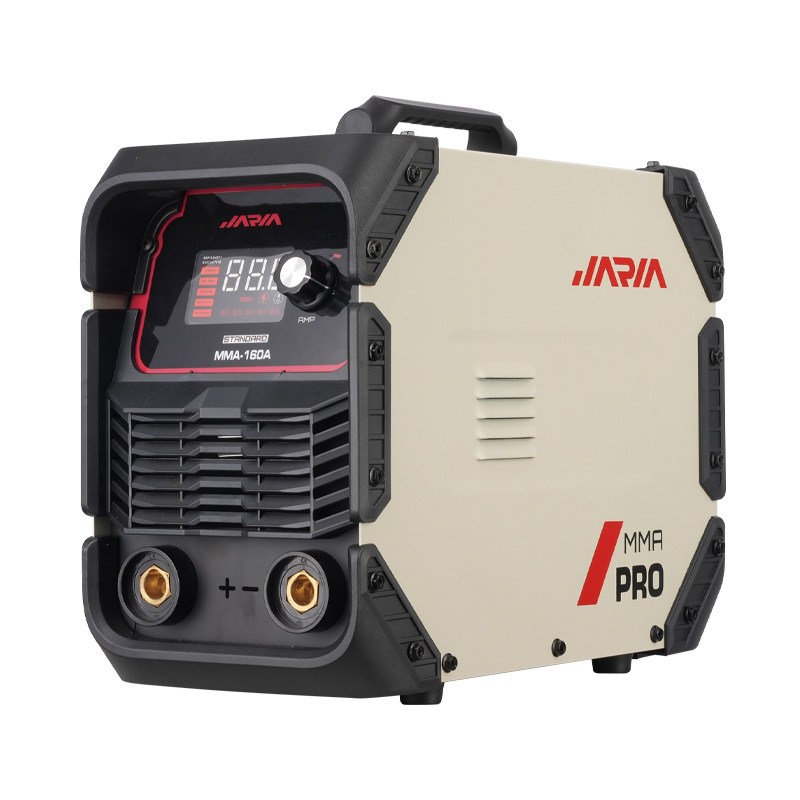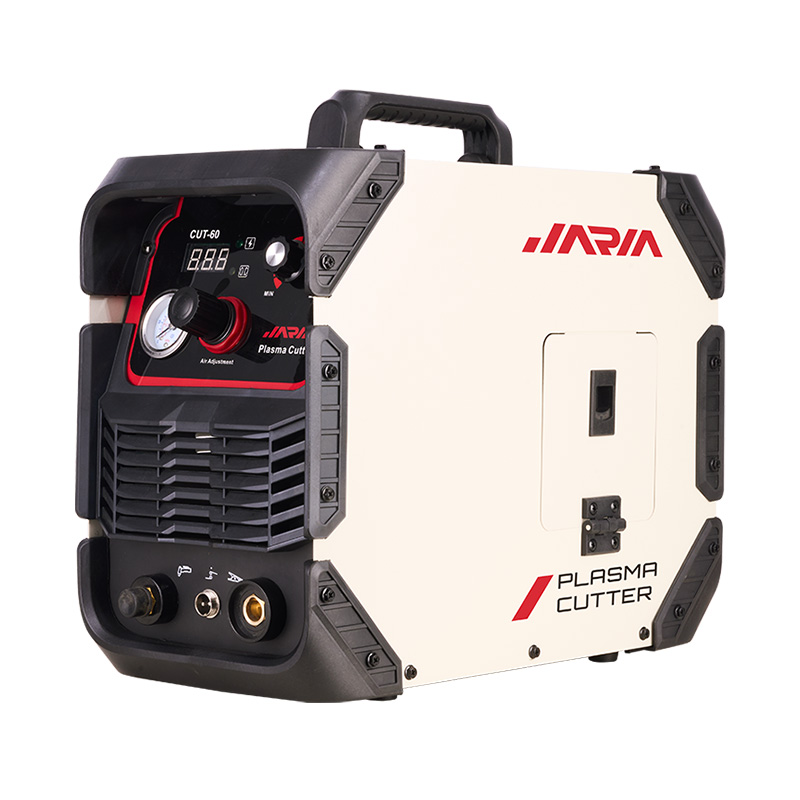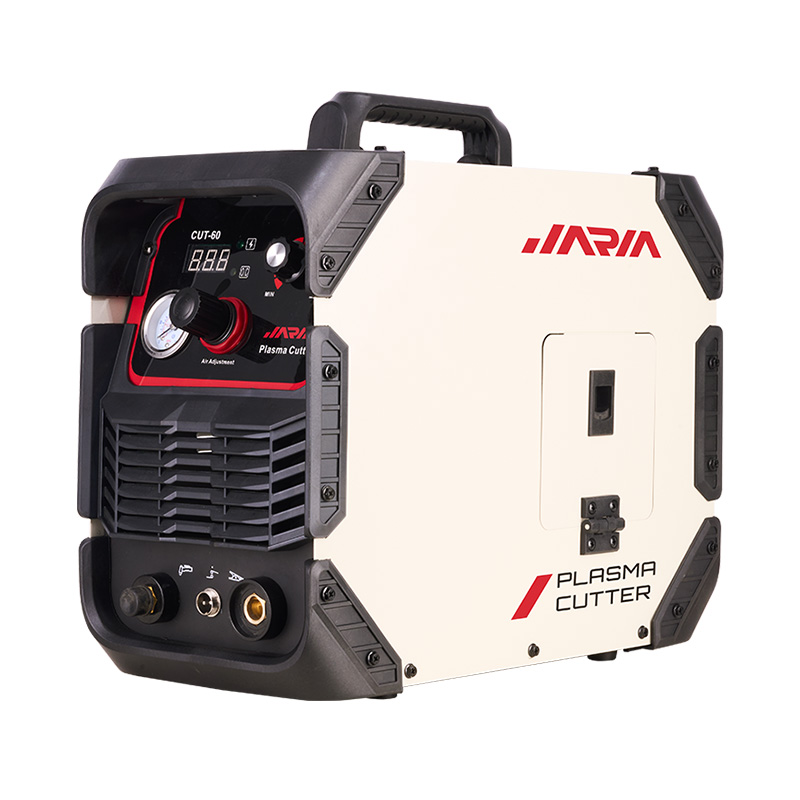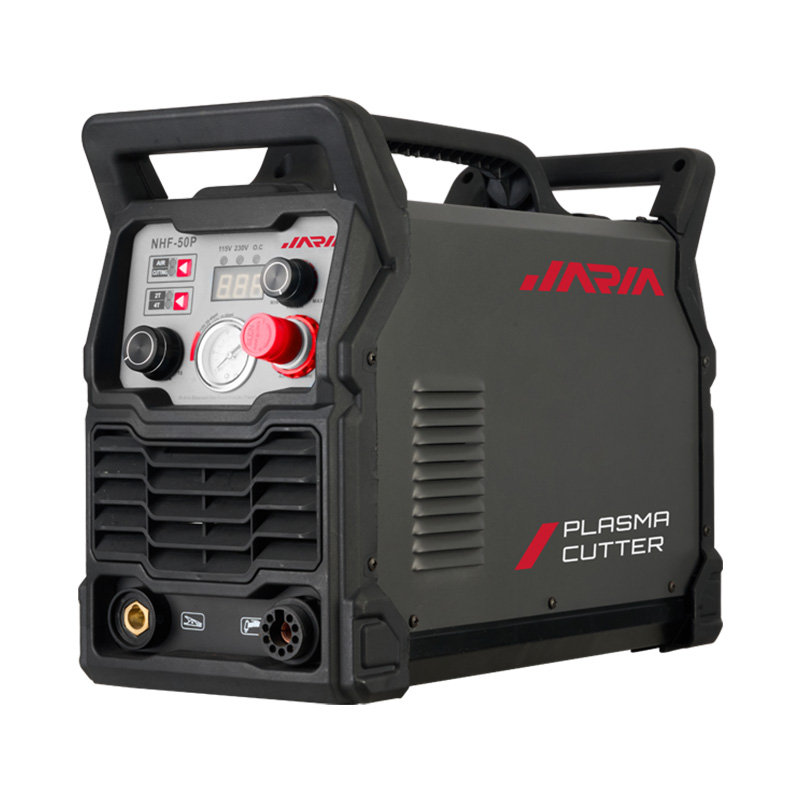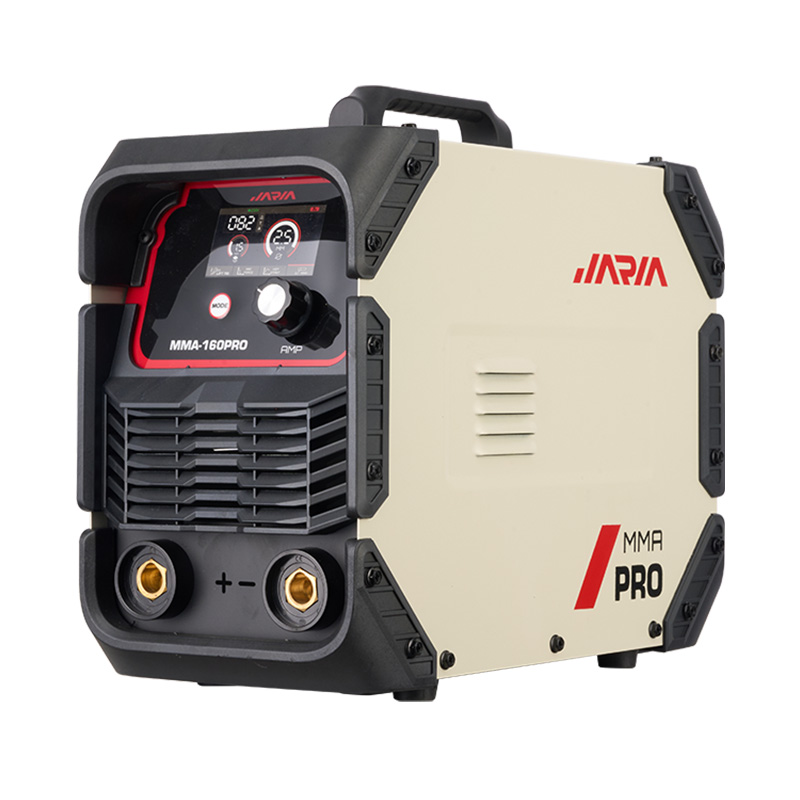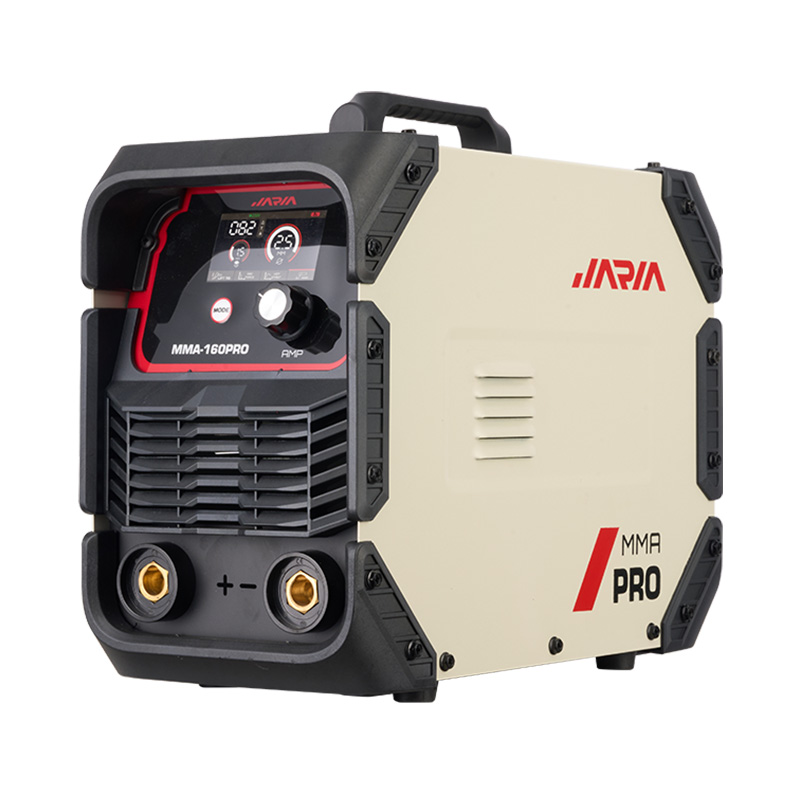In the realm of welding technology, the advent of hand-held electric welders marks a significant turning point. These compact and versatile tools have the potential to revolutionize the welding landscape, offering a new level of convenience and efficiency. This article delves into the features and advantages that make hand-held electric welders a compelling choice for welders seeking transformative change.
Embracing Portability and Precision
At the core of the hand-held electric welder's appeal is its unique combination of portability and precision. Unlike their bulkier counterparts, these devices empower welders to carry their work wherever it is needed. The hand-held design allows for unmatched maneuverability, reaching tight spaces and intricate joints with ease. This newfound portability, coupled with electric power, delivers precision that is crucial for high-quality welds.
Versatility Redefined
Hand-held electric welders redefine versatility in the welding arena. Whether it's a construction site, an automotive repair shop, or a home workshop, these compact tools adapt seamlessly to a myriad of welding needs. Welders no longer need to grapple with cumbersome equipment; instead, the hand-held electric welder becomes an extension of their skill, opening up possibilities for a diverse range of projects.
Ease of Operation
One of the key features that sets hand-held electric welders apart is their ease of operation. The streamlined design simplifies the setup process, eliminating the need for complex configurations. Novice welders find these machines approachable, while experienced welders appreciate the efficiency gained from quick and straightforward setups. The hand-held electric welder brings welding within reach for a broader spectrum of users.
Electrifying Efficiency in Time and Energy
Efficiency is a paramount consideration in welding projects, and hand-held electric welders excel in this aspect. The quick setup, combined with the immediate power supply from electricity, minimizes downtime. Welders can commence work swiftly, making these machines ideal for time-sensitive projects. Furthermore, the energy-efficient nature of electric welding contributes to reduced power consumption, aligning with the growing emphasis on sustainable practices.
Cost-Effective Solutions for Modern Challenges
In addition to their operational advantages, hand-held electric welders present a compelling case for cost-effectiveness. The initial investment is often more economical than traditional welding equipment, making them an attractive option for both individual welders and businesses. The efficiency in terms of power consumption and consumables further contributes to long-term savings, aligning with the need for practical and sustainable solutions.
Technological Advancements for Precision Welding
The integration of cutting-edge technologies has propelled hand-held electric welders to the forefront of welding innovation. Advanced features such as inverter technology, digital controls, and automatic welding modes enhance the overall performance and precision of these machines. Welders can now benefit from technological innovations that streamline processes, improve arc stability, and provide greater control over welding parameters.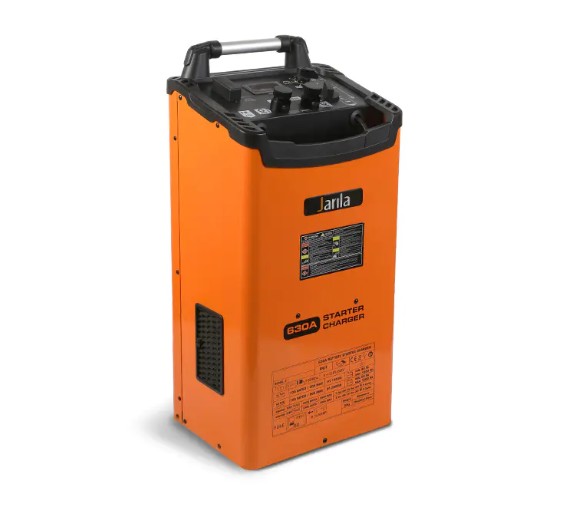
Environmental Considerations in Modern Welding
As environmental consciousness takes center stage, the welding industry faces scrutiny for its ecological impact. Hand-held electric welders, often designed with energy efficiency in mind, align with the global push towards greener technologies. Reduced emissions and energy consumption contribute to a more sustainable approach to welding, appealing to businesses and welders who prioritize environmental responsibility.
Remote and Off-Grid Operations Unleashed
One of the unique advantages of hand-held electric welders is their suitability for remote and off-grid operations. The availability of electricity, whether from conventional power sources or alternative energy solutions like generators or solar panels, ensures that welders can carry out projects in locations where traditional welding equipment might be impractical. This opens up new possibilities for infrastructure projects in remote areas.
Training the Next Generation of Welders with Hand-Held Electric Welders
The accessibility and ease of use of hand-held electric welders play a pivotal role in training the next generation of welders. The simplified setup and operation allow aspiring welders to grasp the fundamentals more quickly. This user-friendly approach contributes to a smoother learning curve, making welding education more accessible and appealing to a broader audience.
Challenges and Considerations in Hand-Held Electric Welding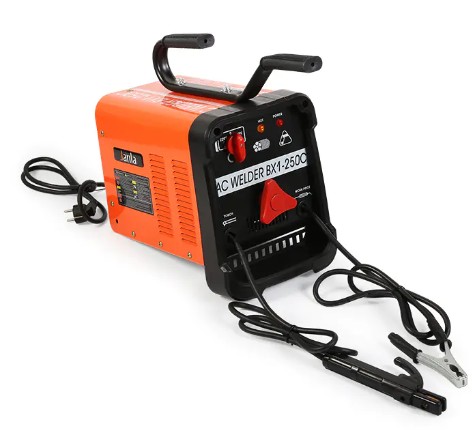
While hand-held electric welders offer numerous benefits, it's essential to acknowledge certain challenges. High-power applications may still require the robustness of traditional welding equipment and welders accustomed to conventional machs may need time to adapt to the nuances of electric welding. Addressing these considerations ensures a balanced approach to adopting hand-held electric welders in various welding scenarios.
Conclusion: Sparking Transformation with Hand-Held Electric Welders
In conclusion, the hand-held electric welder emerges as a catalyst for transformative change in the welding industry. Its winning combination of portability, precision, versatility, ease of operation, efficiency, cost-effectiveness, technological advancements, environmental considerations, and suitability for remote operations positions it as a powerful tool for welders seeking innovation. As the demand for more practical, sustainable, and efficient welding solutions continues to grow, the hand-held electric welder stands ready to spark a new era in welding technology.

 英语
英语 西班牙语
西班牙语 阿拉伯语
阿拉伯语